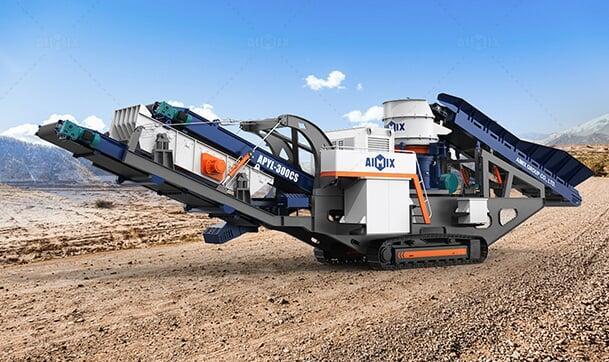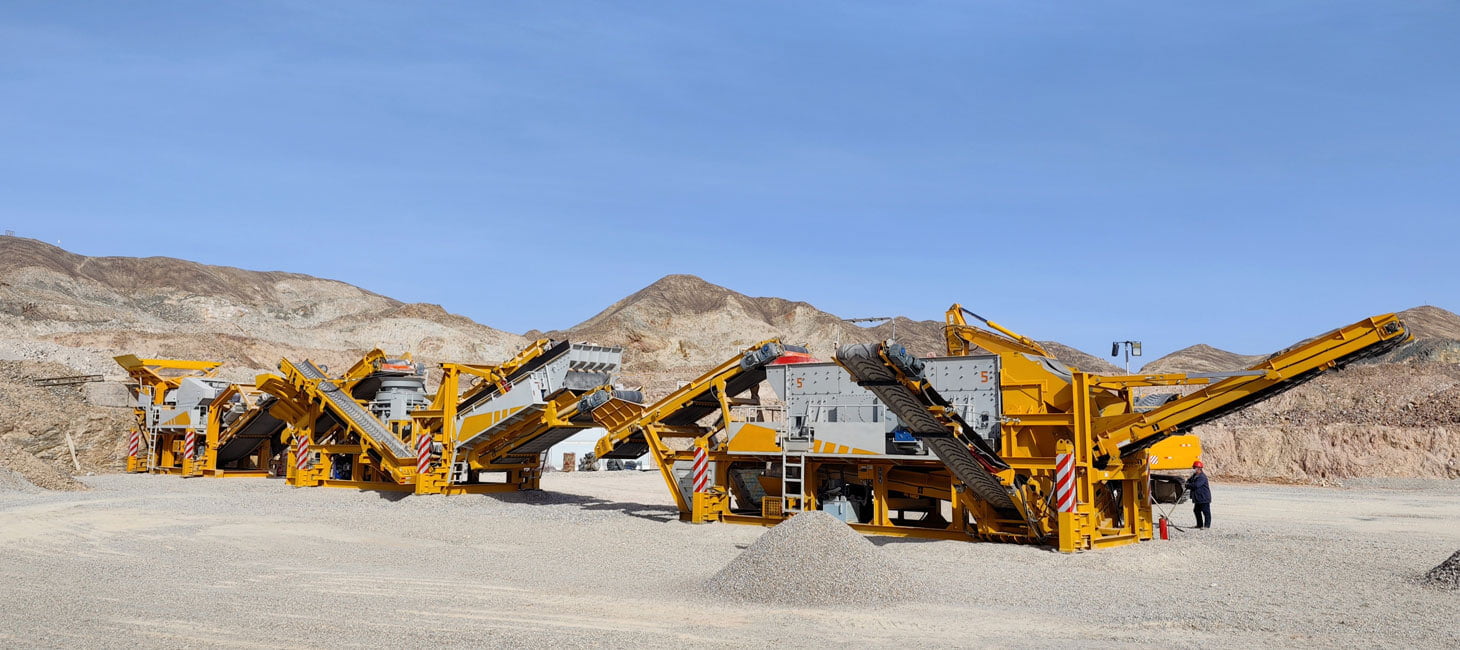Mining operations demand efficiency, adaptability, and cost-effectiveness, and the choice between mobile and stationary rock crushers plays a pivotal role in determining project viability. While stationary crushers have long been the backbone of large-scale extraction sites, mobile crusher is increasingly becoming the preferred choice. Their ability to operate in varied conditions, minimize material transport, and lower operational costs is redefining modern mining strategies.
Operational Flexibility & Deployment
The inherent mobility advantages in remote and rugged terrains make mobile crushers indispensable for mining operations spread across vast landscapes. Unlike stationary crushers, which require extensive site preparation and fixed infrastructure, mobile units can be positioned directly at excavation points. This eliminates the need for haulage over long distances, significantly reducing fuel consumption and equipment wear. Whether operating in mountainous regions, arid zones, or shifting excavation sites, mobile crushers provide the flexibility needed to keep production uninterrupted.
Beyond accessibility, their rapid setup and reduced infrastructure dependency streamline deployment timelines. Stationary crushers necessitate reinforced foundations, conveyor networks, and extensive permitting processes. In contrast, mobile crushers arrive on-site ready for immediate use, drastically cutting down installation time. This agility allows mining companies to respond quickly to fluctuating demand, reposition assets as needed, and maximize uptime without prolonged site development phases.

Efficiency & Cost Implications
Optimizing operational expenses is a core concern in mining, and mobile crushers offer fuel economy, automation, and maintenance dynamics that significantly impact the bottom line. Many modern units integrate fuel-efficient diesel-electric hybrid systems, reducing reliance on external power sources. Additionally, automation features such as real-time monitoring, load-sensing mechanisms, and predictive maintenance capabilities enhance productivity while minimizing mechanical failures. Stationary crushers, while powerful, often incur higher energy costs and require continuous oversight to maintain peak efficiency.
Another critical advantage lies in material handling and on-site processing benefits. Mobile rock crusher enables immediate fragmentation and sizing of extracted materials at the excavation site, eliminating the need for extensive hauling to central processing stations. This reduces labor costs, minimizes material loss, and accelerates throughput. By processing rock at the source, mining operators can improve logistics efficiency, optimize stockpile management, and decrease overall handling complexity.
Scalability & Future Adaptability
As mining projects expand, expanding operations with modular configurations becomes a decisive factor in equipment selection. Mobile crushers can be easily integrated with screening plants, conveyor systems, and secondary crushers, allowing operations to scale progressively without overhauling infrastructure. This adaptability ensures that mining companies can respond to evolving resource availability and site conditions without excessive capital expenditures.

The market trends and the shift toward mobile solutions further reinforce their growing dominance. With sustainability initiatives driving the industry, mobile stone crusher plant aligns with goals to minimize environmental impact through reduced fuel usage and lower emissions. Their ability to function efficiently across multiple sites enhances resource optimization, making them a strategic investment in an industry where adaptability is key.
Mining is evolving, and so are the tools that drive its efficiency. Mobile rock crushers offer unmatched flexibility, operational cost savings, and future-proof scalability, positioning them as the preferred choice for modern mining enterprises. As extraction sites become more dynamic, the ability to adapt without sacrificing productivity will determine success.

